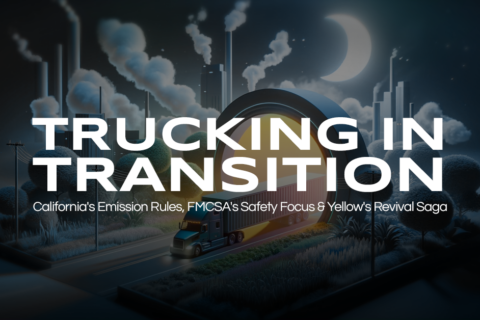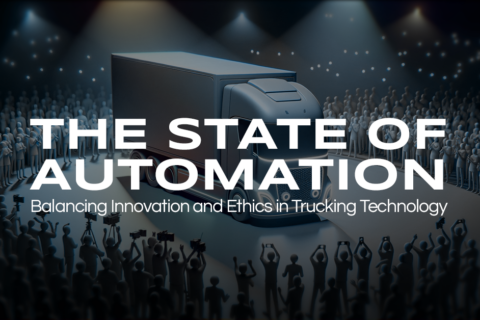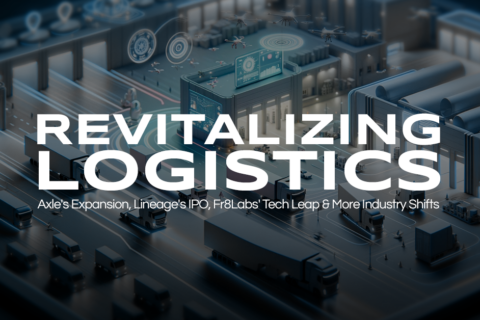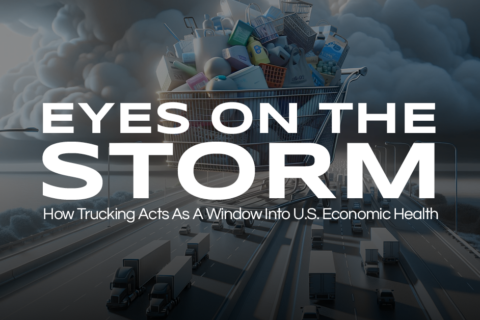Fallen or Phoenix: Will Yellow Trucking Rise Again?
A Billion-Dollar Bid Rejected Recently, a group of investors, led by Sarah Riggs Amico, faced a significant hurdle when their billion-dollar bid to rescue Yellow was rejected. The proposal included restructuring a substantial CARES Act loan, but the U.S. Treasury, bound by regulations and past administrative decisions, could not comply. Despite this, the investors remain determined to save Yellow and its 30,000 jobs, garnering support from a bipartisan group of senators. Join us as we delve into the dramatic turn of events at Yellow, a once dominant force in American trucking. The Rise and Fall of Yellow Yellow’s journey, beginning as a humble taxi service in the 1920s, is a tale of growth and decline. It expanded into a freight behemoth, touching nearly every aspect of the American economy and generating over $6 billion in revenue in 2022. However, a series of missteps and the COVID-19 pandemic, which stalled the supply chain, brought Yellow to its knees. Even with the assistance of a $700 million lifeline loan, the company couldn’t recover, leading to its eventual shutdown and leaving a fleet of trucks and trailers idle. The Impact on Truckers and the Industry The closure of Yellow Trucking sent shockwaves through the lives of its employees. Workers like Nathan Skobodas and Kenneth Cantley faced job displacement and financial instability. With ever-present predictions of dire consequences for the supply chain and freight prices, experts like Michael Belzer and Ken Vieth observed little significant impact on the industry. Vieth even suggests that Yellow’s exit may have inadvertently benefited the less-than-truckload (LTL) sector. The Vital Role of LTL Trucking LTL trucking, Yellow’s specialty, is crucial in the transportation industry, affecting everyday lives in numerous ways. It involves delivering diverse goods to varied locations, offering unique challenges and opportunities for drivers. In light of Yellow’s absence, the LTL market has shown resilience, with companies like Saia experiencing business growth and the sector achieving near-record profitability. The Next Chapter: Reviving Yellow Regardless of these challenges, Sarah Riggs Amico and her investor group are striving to resurrect Yellow, albeit under a new name, Next Century Logistics. This effort faces legal and financial hurdles, including creditor concerns and the need for government approval. Amico, a veteran in the trucking industry, emphasizes the importance of saving jobs and preserving a vital sector of the economy. Before You Go… As Yellow’s assets continue to be auctioned, the future of the LTL market remains in flux. Amico’s team must navigate complex legal and financial landscapes to achieve their goal. This saga highlights the dynamic nature of the trucking industry and its profound impact on the economy and lives of thousands of workers. As always, your thoughts and opinions continue to shape this industry and are absolutely invaluable to us, we encourage you to leave a comment down below. It’s no secret that voices like yours are how we ensure the industry we love reaches its fullest potential. If you made it to this part of the article, we’d just like to take a moment to thank you for taking the time to read this news recap. Be safe out there and as always, If you’re in search of CDL A, B, or warehouse positions, check out our open positions. And if you need staffing solutions for commercial driving or industrial positions, be sure to explore our offerings.











Recent Comments